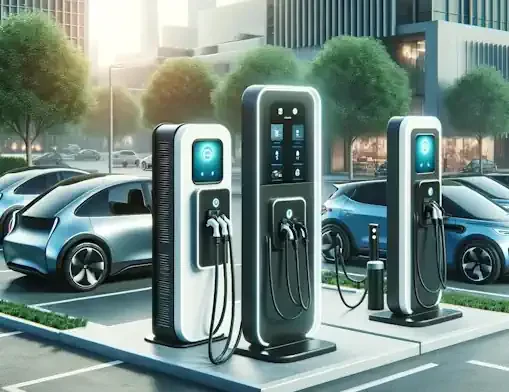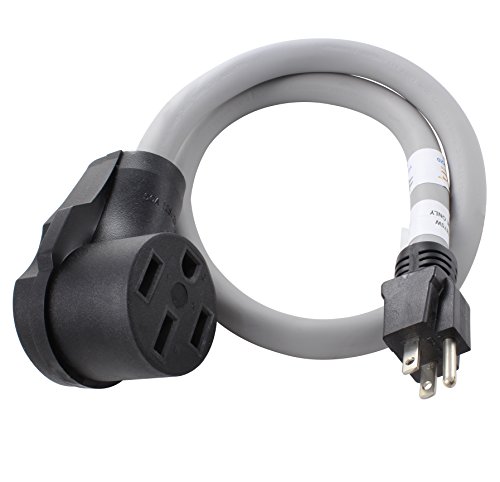The electrification of transportation is a cornerstone of the global push towards sustainability. As electric vehicles become more prevalent, the spotlight turns to the infrastructure that underpins their operation - notably, EV charging stations. Among the decisions EV owners face is the choice between wall-mounted and pedestal charging units. Each option comes with its unique set of advantages and considerations, making the selection process a crucial step towards optimizing the EV experience.
Wall-Mounted EV Chargers: Compact and Convenient
Wall-mounted EV chargers are typically installed on a wall, often within a garage or beside a designated parking space. Their compact design is one of the main advantages, making them an ideal choice for residential settings where space is at a premium. These units are less obtrusive and can be easily integrated into existing structures, maintaining the aesthetic appeal of the property.
From an installation perspective, wall-mounted chargers are generally less complex to install than their pedestal counterparts. This simplicity often translates to lower installation costs, as there's no need for extensive groundwork or structural modifications. The proximity to electrical sources can further reduce expenses, as shorter cable runs are needed.
However, the convenience of wall-mounted units is somewhat balanced by their limited flexibility. They are best suited for locations where the parking configuration is fixed, as their fixed position does not allow for easy repositioning to accommodate different vehicle placements.
Pedestal EV Chargers: Flexible and Accessible
Pedestal EV chargers, on the other hand, are freestanding units that are installed on a base anchored to the ground. This design offers greater flexibility in terms of placement, making them a favored choice for public and commercial locations. They can be positioned to serve multiple parking spots and are easily accessible, even in tight parking scenarios.
The installation of pedestal chargers is more involved, requiring groundwork to secure the base and potentially longer cable runs to connect to the power supply. This can result in higher initial costs compared to wall-mounted units. Despite this, the versatility and accessibility of pedestal chargers make them an attractive option for businesses looking to offer EV charging services to customers, employees, or residents.
Pedestal chargers also have the advantage of being more visible, which can be a double-edged sword. While their prominence can enhance the visibility of charging facilities, thereby encouraging EV adoption, it may also raise concerns about vandalism or misuse in less secure environments.
Choosing the Right Charger: Considerations and Recommendations
The decision between wall-mounted and pedestal EV chargers ultimately depends on individual needs and circumstances. For homeowners with private garages, a wall-mounted charger offers a blend of convenience and cost-effectiveness. Its compact size and straightforward installation make it a practical solution for personal use.
For commercial establishments, public parking facilities, or residential complexes with shared parking areas, pedestal chargers offer the flexibility and accessibility needed to accommodate a broader range of users. Their ability to service multiple parking spaces from a single location makes them a strategic choice for promoting EV use among a wider audience.
Regardless of the choice, it's essential to consider future needs and potential changes in vehicle or parking configurations. Opting for a charger with adjustable output settings can provide the flexibility to adapt to different EV models and charging requirements over time.
As the adoption of electric vehicles accelerates, the importance of choosing the right EV charger becomes increasingly apparent. Whether opting for a wall-mounted unit for its compact convenience or a pedestal charger for its flexible accessibility, the key is to select a charging solution that aligns with specific needs, preferences, and circumstances. By carefully weighing the pros and cons of each option, EV owners and operators can ensure that their charging infrastructure supports the seamless integration of electric vehicles into daily life, paving the way for a more sustainable future on the roads.
AIMILER Level 2 EV Charger, 32Amp, 25ft Cable
Efficiently charge your electric vehicle with the AIMILER Level 2 EV Charger, featuring a 32Amp power output and a 25ft long cable
Product information
$299.99 $249.99
Product Review Score
4.99 out of 5 stars
213 reviews






